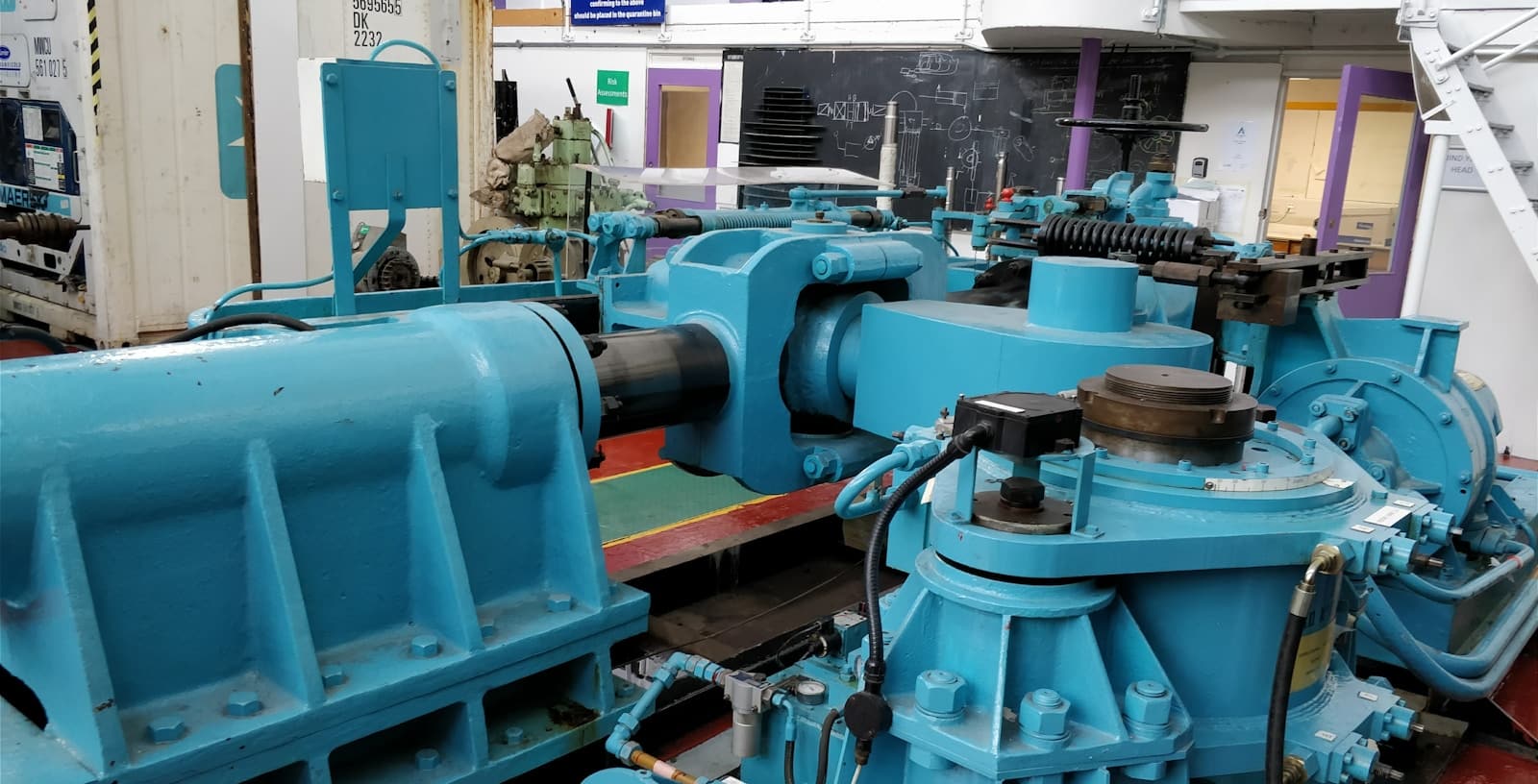When it comes to modern industries like manufacturing, water treatment, and chemical processing, industrial pumps play a critical role in ensuring smooth and efficient operations. These highly specialized devices handle various fluids, solids, and gases for industrial, commercial, and municipal applications. From large volumes of water to high-pressure pumping for corrosive chemicals, industrial pumps truly do it all.
This guide will help you understand the different types of industrial pumps, their applications, and how to choose the right pump for your specific needs.
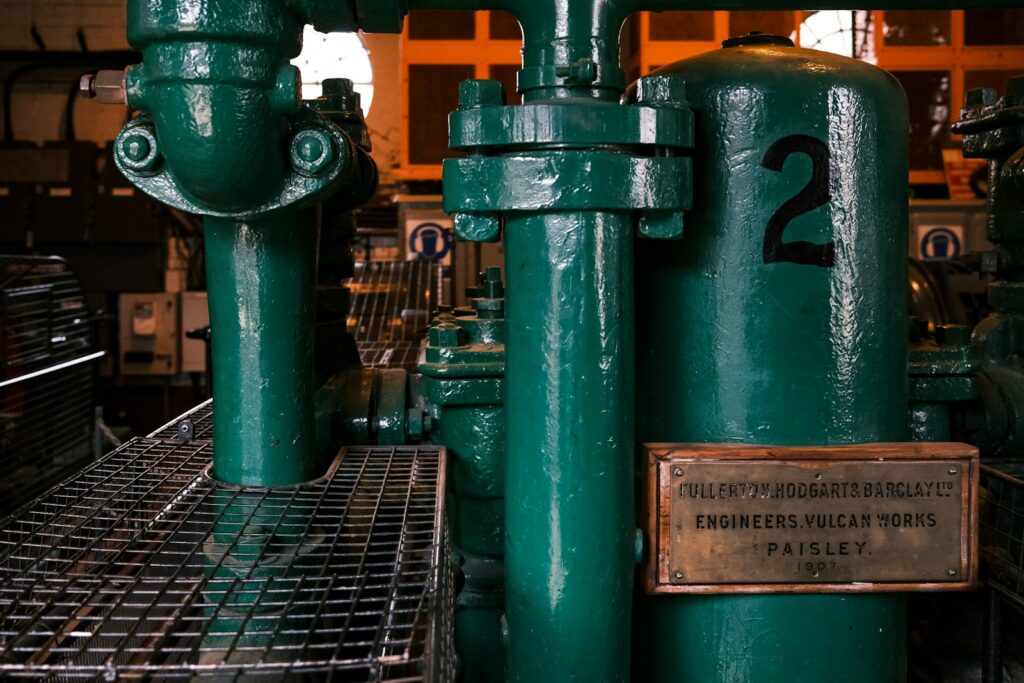
Why Industrial Pumps Are Imperative
Industrial pumps play a crucial role in a wide range of industries due to their ability to efficiently move fluids and sustain operations. Below are some key reasons why industrial pumps are indispensable:
1. Efficient Fluid Transfer
Industrial pumps are designed to handle the transfer of liquids, chemicals, and slurries with precision and efficiency. Whether it’s moving water in a treatment facility or circulating oil in a refinery, these pumps ensure consistent flow rates, reducing downtime and increasing productivity.
2. Versatility Across Applications
With various types like centrifugal, diaphragm, and gear pumps, industrial pumps are versatile enough to cater to diverse requirements. They can be tailored for specific applications, including high-pressure systems, abrasive materials, or sensitive fluids such as food-grade substances.
3. Enhanced Safety and Reliability
Many industrial processes involve the handling of hazardous or corrosive fluids. Pumps with robust materials and advanced sealing mechanisms ensure safety by preventing leaks and contamination, thereby protecting both operators and the environment.
4. Energy Efficiency
Modern industrial pumps are designed with energy conservation in mind. By ensuring optimized motor use and reduced waste, these pumps contribute to lower energy costs, making them an eco-friendly solution for heavy-duty applications.
5. Critical Support for Infrastructure
Industries such as water treatment, agriculture, oil and gas, and power generation rely heavily on industrial pumps to sustain their infrastructure. Without pumps, essential tasks like irrigation, waste management, fuel transportation, and cooling systems would come to a halt.
6. Longevity and Durability
Built to withstand extreme conditions, industrial pumps are known for their durability and long lifespans. This reliability minimizes maintenance needs and reduces operational costs for businesses, making them a valuable investment.
Industrial pumps are the backbone of countless operations, ensuring efficiency, safety, and reliability across varied industries. Their imperativeness lies not only in their utility but also in their ability to adapt to evolving technological and environmental demands.
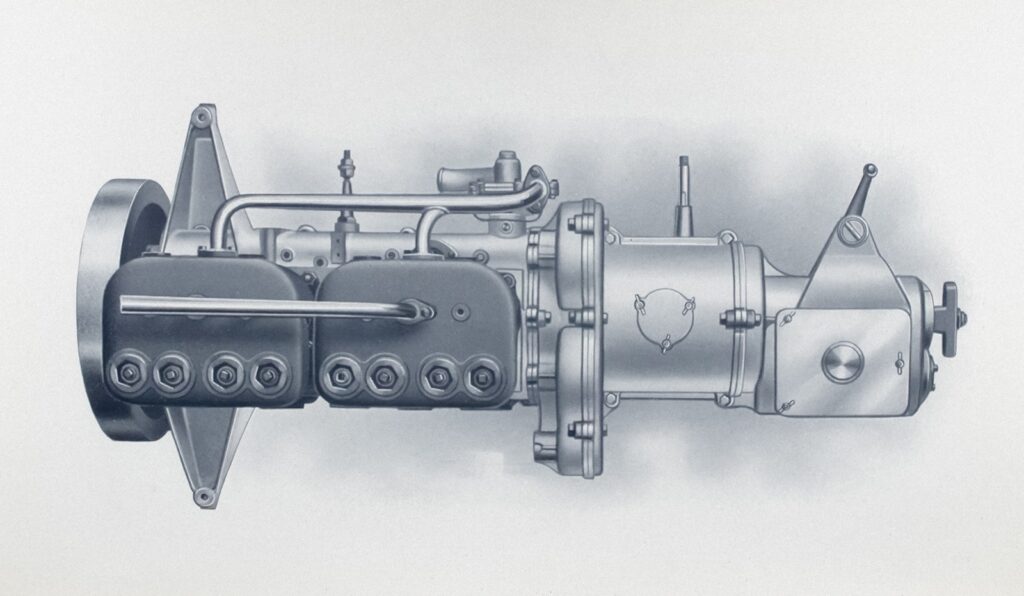
What Are Industrial Pumps?
Industrial pumps are mechanical devices designed to move fluids (liquids, gases, or slurries) from one location to another. They are indispensable in various sectors, including water treatment plants, wastewater management, power generation, and chemical processing.
Modern industrial pumps are built to handle a wide array of challenges, such as:
- Moving abrasive industrial wastes
- Handling viscous materials
- Operating in hostile industrial environments
- Managing pumping solids and corrosive chemicals
Their adaptability makes them essential for businesses across industries, from building services and irrigation systems to high-stakes applications like cooling systems and process pumps for chemical manufacturing.
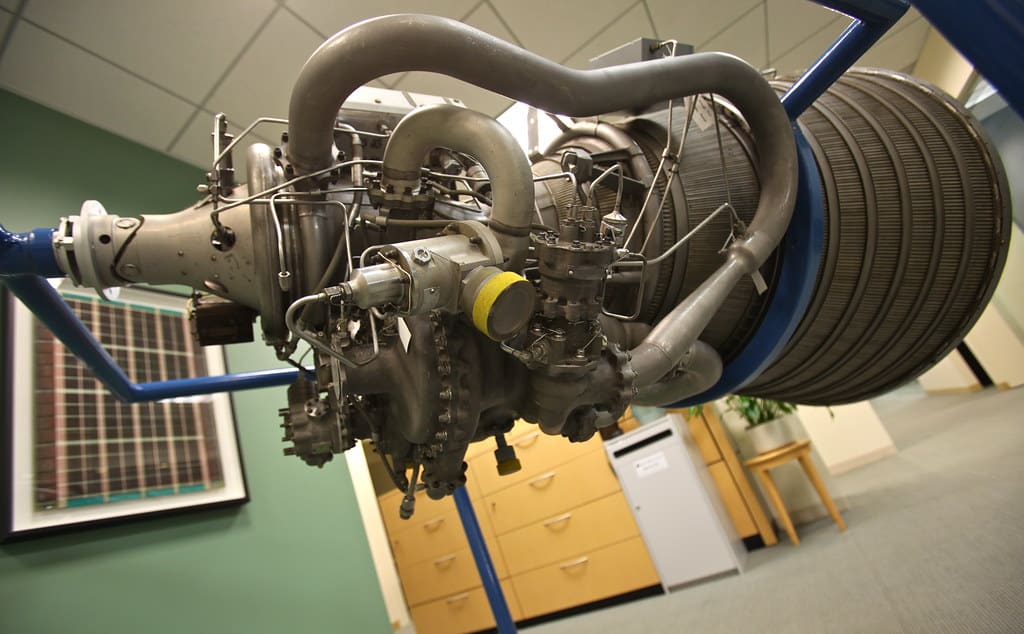
Types of Industrial Pumps
1. Centrifugal Pumps
Centrifugal pumps use rotating impellers to create a flow of liquid. These pumps are versatile and ideal for high flow rates in industrial settings. Common applications include water supply, irrigation, and cooling systems.
Subcategories include:
- End Suction Pumps for general-purpose use.
- ANSI Pumps, designed for chemical processing applications.
- Split Case Pumps, suitable for high pressure and large volumes.
2. Vertical Turbine Pumps
Vertical turbine pumps are often used in applications requiring high flow rates and low to medium pressures, such as in water treatment plants and industrial water supply systems. Thanks to their vertical design, they’re excellent for pumping water from sump pits or underground sources.
3. Submersible Sump Pumps
Submersible sump pumps are placed underwater, making them highly effective for managing wastewater and preventing flooding in industrial and commercial complexes. They’re perfect for wastewater treatment and emergency drainage.
4. Positive Displacement Pumps
These pumps move fluid by trapping fixed amounts and forcing them through the system. They are ideal for handling viscous materials like oils and sludges, and are commonly used in chemical processing industries.
- Progressive Cavity Pumps are a popular choice for transferring slurry or other solids.
- Diaphragm Pumps are excellent for corrosive chemicals and abrasive fluids.
5. Axial Flow Pumps
Axial flow pumps are designed for high flow applications with low-pressure requirements. They excel in irrigation systems and industrial processes that involve moving large volumes of fluid.
6. Magnetic Drive Pumps
Built without mechanical seals, magnetic drive pumps reduce the risk of leaks and contamination, making them ideal for handling corrosive chemicals in hostile industrial environments. These pumps are particularly valuable in chemical processing where safety and reliability are paramount.
7. API Process Pumps
Designed to meet strict industry standards, API process pumps are robust and reliable. They’re engineered for high pressure, high flow rates, and extreme temperatures, making them indispensable in critical applications like oil refineries and petrochemical plants.
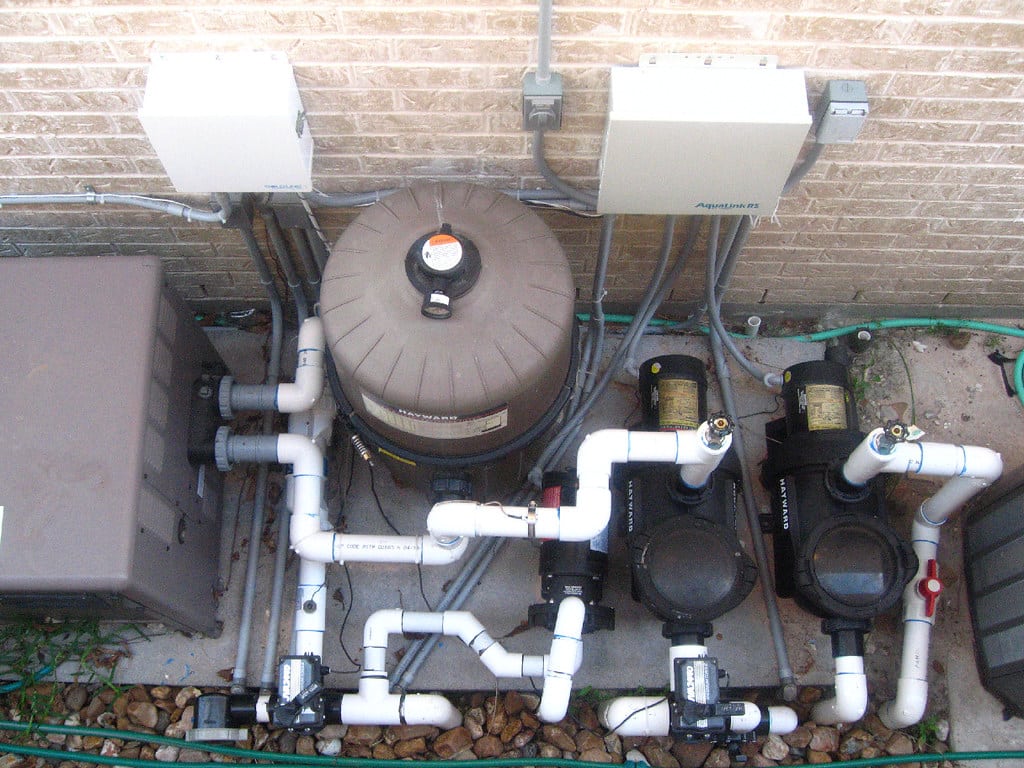
Common Industrial Applications of Pumps
Industrial pumps are vital in both day-to-day and specialized industrial operations. Here’s a look at where they shine the most.
1. Water Treatment
Pumps such as submersible pumps and vertical turbine pumps play an integral role in treating and supplying clean water, as well as managing wastewater.
2. Chemical Processing
Handling aggressive chemicals, slurries, and viscous materials often requires pumps like magnetic drive pumps and diaphragm pumps, which are designed for safety and durability.
3. Power Generation
Pumping systems ensure the smooth operation of cooling towers and processing fluids during energy production. With their high efficiency and proven reliability, centrifugal pumps and api process pumps are the go-to choices.
4. Manufacturing and Process Control
Pumps such as positive displacement pumps and progressive cavity pumps are widely used in manufacturing processes to transport raw materials like slurry, oils, and other industrial fluids.
5. Agriculture and Irrigation
Farmers rely on pumps like axial flow pumps and end suction pumps for irrigation and large-scale water distribution.
Why Energy Efficiency in Industrial Pumps Matters
Energy efficiency in industrial pumps is more than just a buzzword. Pumps account for nearly 10% of global electricity consumption, meaning businesses have a lot to gain by switching to more energy-efficient alternatives.
For example:
- Replacing outdated systems with ansi pumps or newer split case pumps can significantly reduce energy costs.
- Implementing multi-stage turbine pumps for specific applications ensures that businesses maximize performance while minimizing energy usage.
Efficient pumps are also better for the environment, reducing the overall carbon footprint of industrial operations.
Tips for Choosing the Right Pump
Understand Your Application
Assess the fluid type, viscosity, abrasiveness, and temperature requirements to narrow down your choices.
Evaluate Flow Rate and Pressure
Determine whether you need a pump designed for high pressure, high flow rates, or both.
Consider Maintenance and Repairs
Look for pumps that are easy to maintain. Brands like Goulds Pumps and Gorman Rupp Pumps are known for their reliability and ease of service.
Analyze Efficiency Metrics
Select pumps that offer energy-efficient solutions to minimize operational costs in the long run.
Partner with a Trusted Pump Manufacturer
Top brands like Eddy Pump, Goulds Pumps, and Gorman Rupp Pumps offer dependable products with advanced features tailored to various industries.
Frequently Asked Questions (FAQ) About Industrial Pumps
Q1: What are industrial pumps used for?
Industrial pumps are used to move various types of fluids, including water, oil, chemicals, and slurries, in industrial settings. They are vital for applications in industries like manufacturing, mining, oil and gas, agriculture, and wastewater management.
Q2: How do I choose the right industrial pump for my needs?
The selection depends on several factors, including the type of fluid being pumped, the required flow rate, pressure, temperature, and the specific application. Consulting a professional or referring to the manufacturer’s specifications can help ensure an optimal choice.
Q3: How often do industrial pumps need maintenance?
Maintenance frequency depends on the type of pump, usage conditions, and the fluid being handled. Regular inspections and preventive maintenance are recommended to ensure peak performance and prolong lifespan.
Q4: What are the most common types of industrial pumps?
The most common types are centrifugal pumps, positive displacement pumps (such as diaphragm and gear pumps), and submersible pumps. Each type is designed for specific applications and fluid types.
Q5: Are industrial pumps energy-efficient?
Modern industrial pumps are increasingly designed with energy efficiency in mind. Variable frequency drives (VFDs) and advanced design materials can significantly reduce energy consumption.
Q6: What should I do if my pump stops working?
If a pump stops working, first check for power issues, blockages in the lines, or improper fluid levels. If these common problems are not the cause, consult a professional technician to diagnose and repair the issue.
Why Choose GAEberly for Your Industrial Pump Services?
GAEberly Plumbing and Heating offers unparalleled expertise and reliability for both commercial and residential industrial pump services. With a strong reputation for excellence, they provide comprehensive solutions, from installation to repair and maintenance. Their team of professionals is highly skilled in handling a variety of pump systems and employs the latest technologies to ensure optimum performance and efficiency.
Additionally, GaEberly is committed to customer satisfaction, offering prompt service and tailored advice to meet your unique needs. Whether you’re managing a large-scale industrial operation or maintaining a residential system, GaEberly is the trusted partner for top-notch industrial pump services. Visit https://www.gaeberly.com/plumbing-and-heating to learn more.
Keep Your Systems Flowing
Industrial pumps are the lifeblood of many industries, and choosing the right one is essential for efficient, sustainable operations. Whether you need a diaphragm pump for chemical processing, a turbine pump for irrigation, or a positive displacement pump for moving viscous materials, the market offers a custom solution for every challenge.
For expert advice, maintenance tips, and the latest solutions, explore the innovative pump systems from leading manufacturers in the industry. Find the tools to keep your business flowing, no matter how tough the application.

